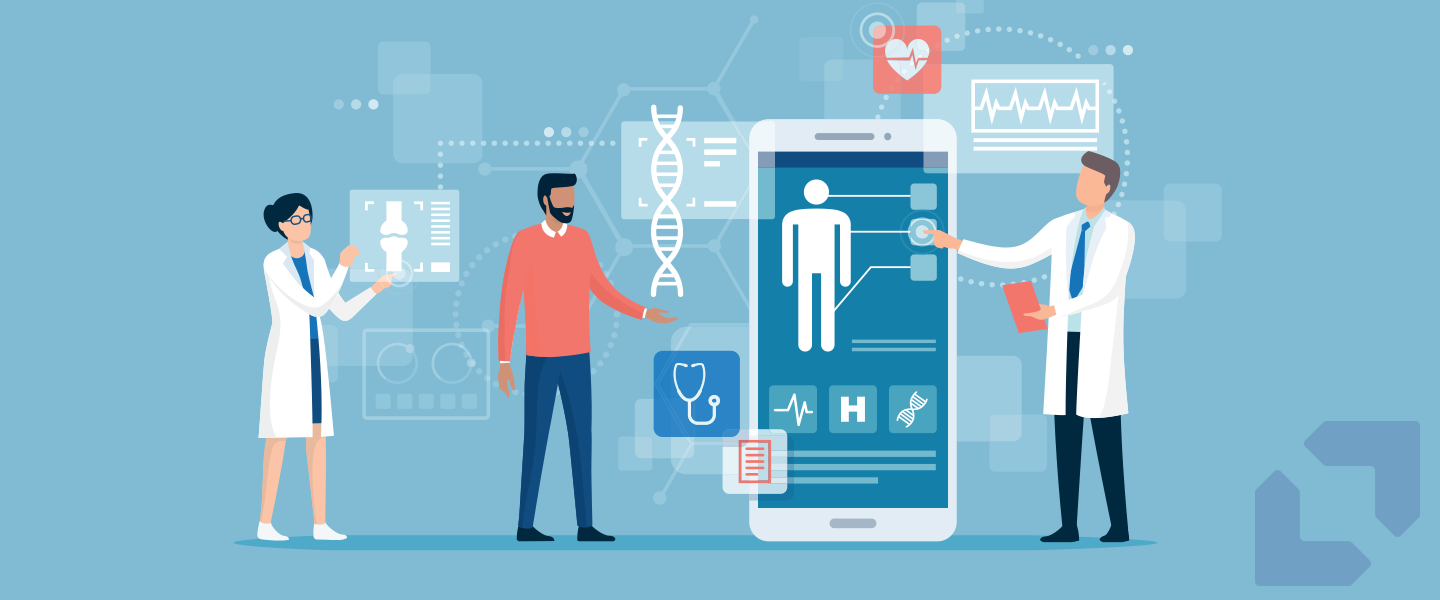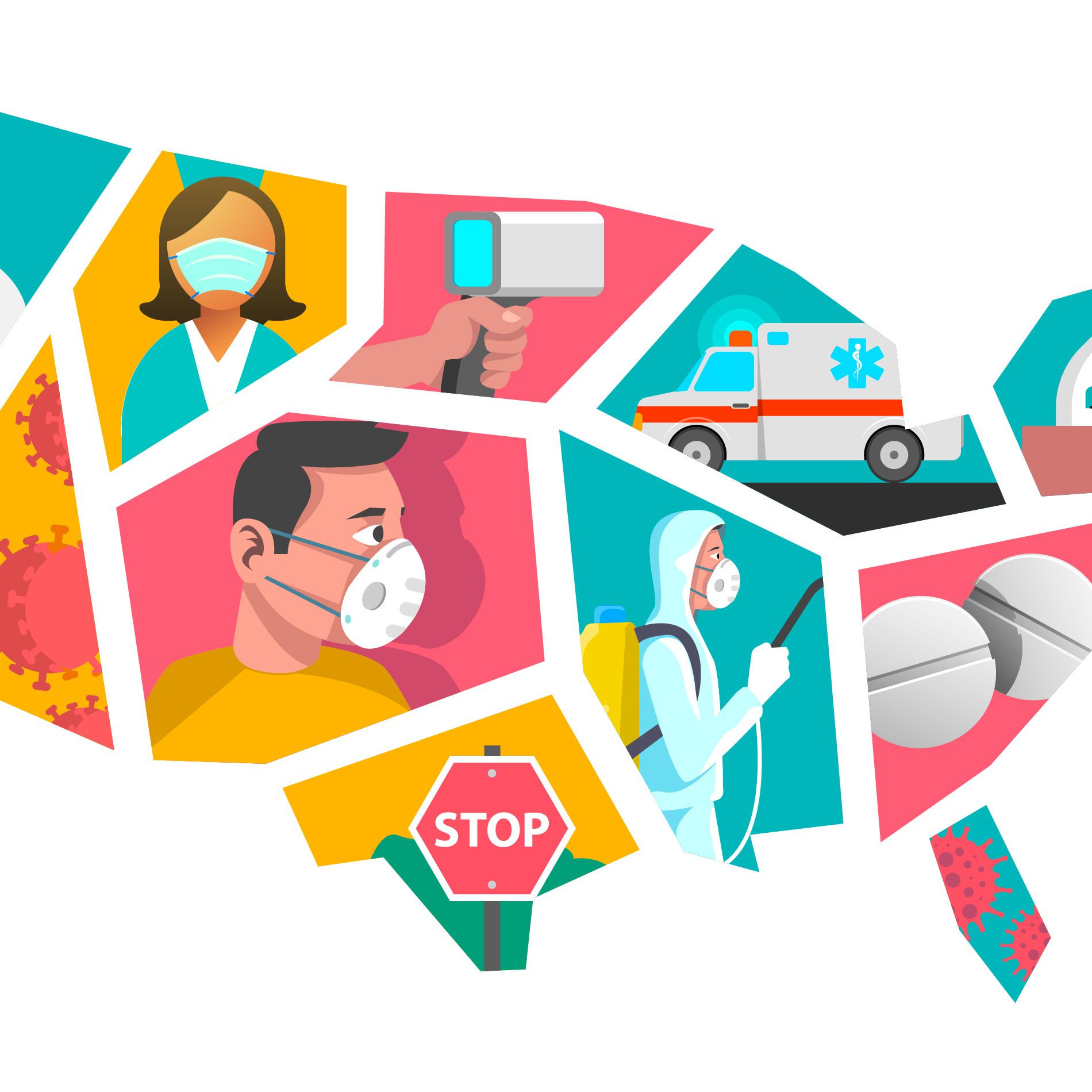Sign Up for Our
Updates
With RPA and AI set to transform the way that businesses operate within the health sector, it is an economic imperative to understand the impact it will have. As the technology accelerates at a rapid rate, it has become not only accessible to all organisations but an essential consideration to improve efficiency within the healthcare sector.
Did you know that the Robotic Process Automation (RPA) industry grew by 63% in 2018, positioning it as the fastest growing sector within the global enterprise software market? With RPA and AI set to transform the way that businesses operate within the health sector, it is an economic imperative to understand the impact it will have.
Early on, the cost and complexity of RPA made it only accessible to large multi-national organisations. However, as the technology accelerates at a rapid rate, it has become not only accessible to all organisations but an essential consideration to improve efficiency within the healthcare sector. Just like computers became a necessity to run a modern-day business, so too will RPA. Early adoption of this game-changing technology will give organisations an edge over competitors and position them at the forefront of the market.
In its simplest form, RPA looks at how we can use the latest technology to automate menial tasks and gather and interpret data. With this in mind, three critical business areas will experience cost savings and improved outcomes from productivity gains with the introduction of RPA.
Data Collection
For decades we have seen healthcare systems struggle to keep up with advancing technology, relying on clunky, outdated systems, lengthy processes and reams of paperwork. The introduction of RPA will reduce the burden on staff members when it comes to tasks such as entering new patient details. With RPA, bots can capture information from a form and add it to the system, without risk of human error. This functionality also helps healthcare providers to update patient records quickly and accurately, leaving them more time to focus on patient care. Beyond the manual task of data entry, the technology is beneficial on a far broader scale, with large quantities of health information being gathered from patients around the world.
Data Processing
Following on from this, deploying RPA gives health providers access to a vast quantity of better quality health information, which leads to better quality learning and more accurate diagnosis based on extensive data. Plus, bots can assemble the required patient paperwork and authorisations for the health provider, allowing them to treat patients efficiently and effectively, with all the necessary information at hand.
Behind the scenes, much of the time-consuming manual handling can also be automated. Billing and claims processing, which currently consume a significant amount of time for hospital and healthcare administrators, become seamless, efficient and error-free, leaving staff with more time to focus on the human-facing elements of the role.
Predictability
Because RPA software robots follow strict rules and operate 24 hours a day, they deliver a high degree of predictability. This is highly beneficial from a business planning perspective. They also allow you to utilise the big data gathered to make very accurate forecasts and identify trends, which can be used to refine care programs, identify lifestyle risk factors and improve patient care.
There is no question that Robotic Processing Automation is changing the way that we work. It has already been extensively implemented across the finance sector and has clear benefits in driving efficiency for the health industry. As we enter this new era in business technology, RPA gives early adopters a huge advantage in the market when it comes to cost savings, productivity and patient experience.





